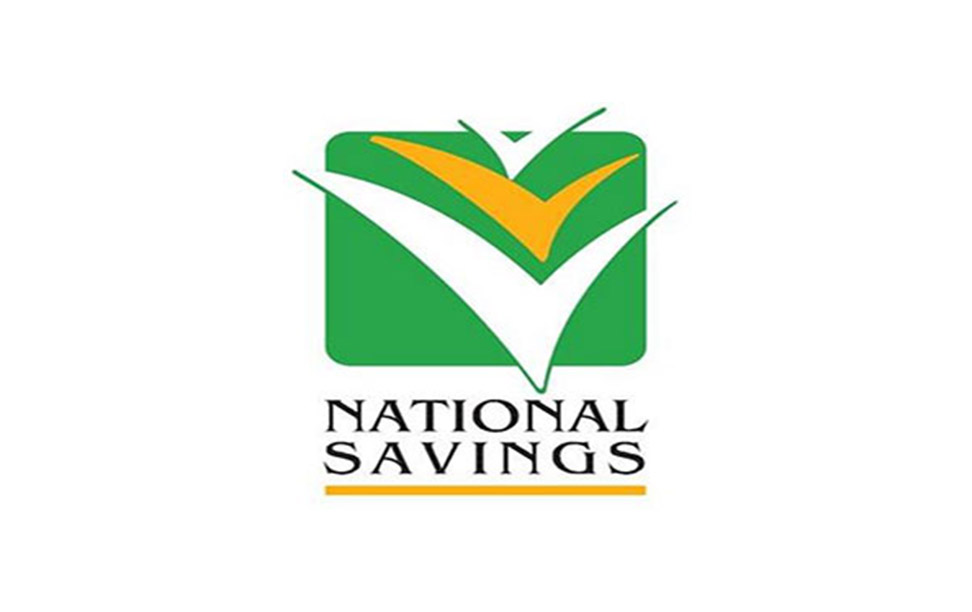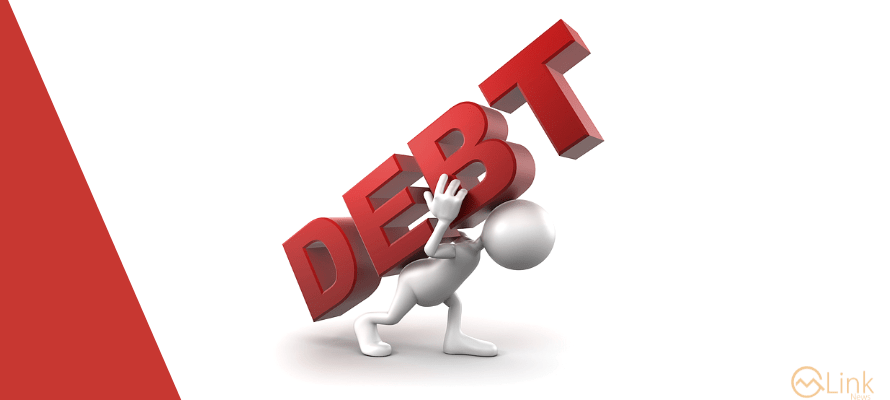Shortage of raw materials driving up the costs: PAAPAM Chairman

By MG News | April 23, 2021 at 03:30 PM GMT+05:00
Shortage of raw materials driving up the costs: PAAPAM Chairman
Pakistan’s auto sector is finally having a day. Car volumes alone have surged by 31% during July-March FY21 and the story is similar for other segments like two/three wheelers, tractors etc. This is accompanied by an influx of new models into the market, mostly the higher-end SUVs.
Yet, for all this activity, numbers are still below the 2018 highs. From an average customer’s viewpoint, there is absolutely no sign of reprieve since prices continue to be jacked up while deliveries are postponed despite tall claims from assemblers. This perpetual cycle is often traced to the industry’s insufficient localization levels and that’s where the blame shifts towards the parts of manufacturers. To discuss this angle of the value chain better, Mettis Global interviewed Abdul Rehman Aizaz, the current chairman of Pakistan Association of Automotive Parts and Accessories Manufacturers, a body of more than 300 tier-1 entities.
Below are the edited excerpts.
With growing auto numbers and the entry of new assemblers, what kind of demand has been seen by parts manufacturers?
ARA: There is certainly a recovery from lows of 2019 and 2020. Sales and capacity utilization has improved significantly. New entrants, under the Auto Development Policy 2016-21, have concession to import parts at a reduced duty of 10% for up to five years so any impact from there will take some time to materialize. As of now there is very little localization by new entrants, hence for every car sold by them means loss of business opportunity for part makers.
A recurring feature of the local sector is pushing up prices whenever there is even a slight rupee depreciation. Yet, localization levels remain largely unchanged. What will it take to break out of this cycle?
ARA: Due to various reasons our market size has not grown, in fact due to macroeconomic instability reasons, we regularly see shrinkage in volumes after every 2-3 years of growth. To make feasible investments in high-tech parts, volumes are needed.
In last 30 years our middle class has not grown much therefore car demand remained suppressed. High markup rates for auto financing also hindered the growth. Then, used car imports dented the local production a number of times and created uncertainty in investment decisions by auto and part makers.
Presently, there are indications that custom duty rates on CBU and CKD will be reduced in new auto policy. This will again cause uncertainty and instability. New entrants have invested millions of dollars under the umbrella of 2016-21 auto policy, reducing duties on CBU will neither help them nor the PM’s vision of “Made in Pakistan”. We were hoping that localization of parts by new entrants will soon gather pace, however reducing the duty on CBU will slow down the sale of locally manufactured cars, thus hurting part makers as well. Matching reduction CKD duties will slow down or even halt the process of localization. It is being considered to bring in more competition through imports that might reduce car prices. However, we believe that this will be a big drain on FBR revenue and will act as subsidy for high-end cars and SUVs and will not bring any meaningful reduction in smaller cars.
Currently, about 40% of car price goes to the government in form of Custom Duties including Additional Custom Duties, Sales Tax, Withholding tax, Registration Fee etc. Removal of Federal Excise and ACD on entire value chain of automotive industry will bring significant reduction in car prices. In addition to this, to ensure entry level cars remain under the reach of general public, targeted subsides, like special financing rates for entry level cars through State bank and reduction in sales tax to 5% should be considered. This will also help grow volumes, generate employment and trigger GDP growth of Pakistan.
To keep prices stable, more and more localization of parts is the key. Motorcycle and tractor examples are with us. Due to over 90% localization in these segments’ prices have not jumped up so steeply. Lower prices are driving the volumes which in turn are again cushioning the cost impact and supporting stability in prices.
PAAPAM has 300 odd members and yet, so few of them are listed companies. Why is that?
ARA: There have been a few IPOs over the last few years, Panther Tires being the most recent example and before that Loads Ltd and SPEL, so the listing option is being explored by players in the industry. Having said that, the limited number of listings is also reflective of the uncertainty in the auto sector which keeps oscillating between the boom-and-bust cycle.
Speaking of expansion, many corporates have recently availed the State Bank’s Temporary Economic Refinance Facility. Is that the case for PAAPAM members as well?
ARA: It is hard to give an exact number as to how many members have benefited from the facility, but there has been interest in TERF. Panther is the most notable example in this regard, which is expanding through availing TERF and there are many others too. However, given the uncertainty around Covid-19, many businesses weren’t too confident about making new investments. Keeping in view the resurgence of the third wave of coronavirus, I believe the scheme should be extended for another three months.
Raw material prices have been on the rise lately. Can you give us an idea about what the situation is like?
ARA: Prices of most raw materials, from metals to plastic are on a steep upward trajectory and have raised by around 50% in last 6-8 months with no signs of subsiding in near future. But it is the un-availability (unavailability) of raw materials which is our biggest concern. On top of that, shipment costs have skyrocketed by as much as 400% and even then, it’s difficult to get parts shipped in time.
There had been many instances that OEMs and part makers were forced to air lift many raw materials and components to keep the assembly lines rolling. In such inflationary circumstances we request the government to remove the ACD and regulatory duties from all raw materials like Steel rods and shafts, aluminum ingots etc. We have a massive challenge in hand and are trying hard to adopt to new normal of such massive supply chain disruptions due to COVID 19.
Related News
| Name | Price/Vol | %Chg/NChg |
|---|---|---|
| KSE100 | 131,949.07 198.95M |
0.97% 1262.41 |
| ALLSHR | 82,069.26 730.83M |
0.94% 764.01 |
| KSE30 | 40,387.76 80.88M |
1.11% 442.31 |
| KMI30 | 191,376.82 77.76M |
0.36% 678.77 |
| KMIALLSHR | 55,193.97 350.11M |
0.22% 119.82 |
| BKTi | 35,828.25 28.42M |
3.64% 1259.85 |
| OGTi | 28,446.34 6.84M |
-1.02% -293.01 |
| Symbol | Bid/Ask | High/Low |
|---|
| Name | Last | High/Low | Chg/%Chg |
|---|---|---|---|
| BITCOIN FUTURES | 108,125.00 | 110,525.00 107,865.00 |
-2290.00 -2.07% |
| BRENT CRUDE | 68.51 | 68.89 67.75 |
-0.29 -0.42% |
| RICHARDS BAY COAL MONTHLY | 97.50 | 0.00 0.00 |
0.75 0.78% |
| ROTTERDAM COAL MONTHLY | 106.00 | 106.00 105.85 |
-2.20 -2.03% |
| USD RBD PALM OLEIN | 998.50 | 998.50 998.50 |
0.00 0.00% |
| CRUDE OIL - WTI | 66.50 | 67.18 66.04 |
-0.50 -0.75% |
| SUGAR #11 WORLD | 16.37 | 16.40 15.44 |
0.79 5.07% |
Chart of the Day
Latest News
Top 5 things to watch in this week
Pakistan Stock Movers
| Name | Last | Chg/%Chg |
|---|
| Name | Last | Chg/%Chg |
|---|




 Central Government Debt
Central Government Debt
 CPI
CPI